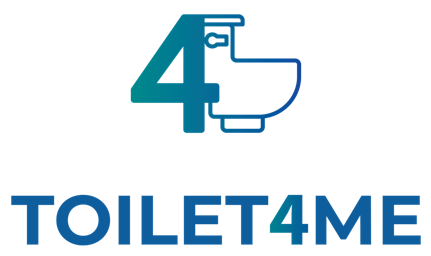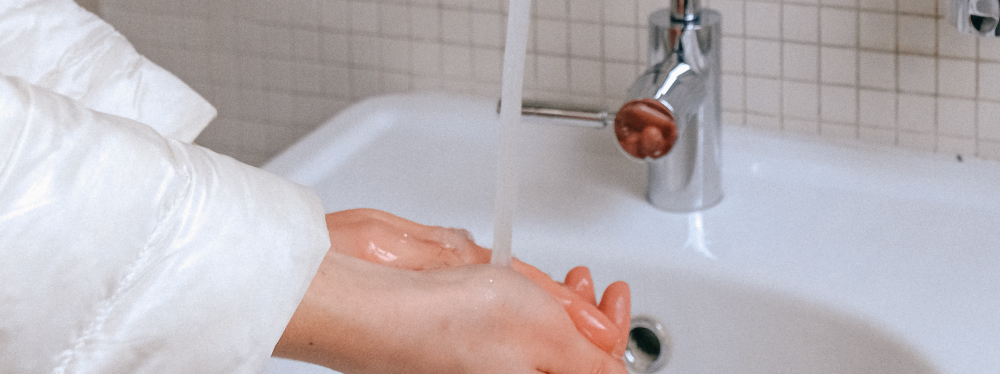Toilte4me
Estudo sobre sanitas personalizadas que apoiam a vida ativa em ambientes (semi-) públicos
Desafio
O projeto Toilet4me aborda pessoas mais velhas e as necessidades que estas têm ao usar um quarto de banho fora de casa em ambientes (semi-)públicos (por exemplo, quartos de banho localizados em câmaras municipais, centros comunitários, shoppings, museus, teatros, hotéis).
Solução / Objetivo Principal
A visão do Toilet4me foi desenvolver e fornecer sistemas de higiene pessoal aprimorados por TIC que sejam capazes de se adaptar às necessidades e preferências individuais do idoso que atualmente usa o quarto de banho. O desenvolvimento principal é um quarto de banho motorizado capaz de suportar a transição dos atos de sentar, posição de pé para sentado e sentado para posição de pé, com a possibilidade de reutilizar dados de ajuste das preferências em casa.
Objetivos, Atividades e Resultados esperados / atingidos
Benefícios Esperados:
• Para idosos e pessoas de todas as idades, com deficiências / incapacidades (utilizadores finais primários): benefício direto: estabilidade corporal melhorada (adaptação à altura ideal para sentar), apoio na transição para sentar e levantar, segurança melhorada. Indireta: motivação para sair de casa e participar da vida social e ativa (saber que existem serviços de casa de banho adequados); vida independente por mais tempo; estilos de vida mais saudáveis;
• Para utilizadores secundários (cuidadores): carga de trabalho reduzida, menos pedidos de ajuda; para cuidadores formais, possibilidades aperfeiçoadas de fornecer atividades externas;
• Para utilizadores terciários (instituições, hotéis, outros locais semipúblicos): oferecendo um serviço melhor para a comunidade, num mercado emergente importante (turismo acessível).
Objectivos alcançados:
O projeto foi encerrado de acordo com o DoW: objetivos, tarefas e resultados e marcos foram alcançados. No geral, não há desvios ou atrasos, nem problemas financeiros observados; o projeto demorou a apresentar os resultados para a revisão final.
O objetivo do projeto era preparar-se para um futuro projeto de RDI com maior escala. O foco era explorar a ideia de um sistema de casa de banho auto-adaptável e serviço para ambientes (semi-) públicos para utilizadores finais mais velhos ou com deficiência para oferecer suporte a uma vida ativa fora do ambiente doméstico. Mercado potencial de uma casa de banho adaptável pessoalmente. Primeiro, analisaremos a paisagem de casas de banho públicos acessíveis na Holanda e em Portugal. Em seguida, examinamos as necessidades e requisitos do utilizador final primário. Com base nas conclusões do projeto, os revisores recomendam que o consórcio continue suas atividades e procure financiamento da AAL para seu novo conceito de um sistema sanitário aprimorado com ICT que seja capaz de se adaptar às necessidades e preferências individuais do idoso.

Referência do projeto
AAL/0008/2018Financiamento

Região de Intervenção
Áustria, Bélgica, Canada, Chipre, Dinamarca, Hungria, Itália, Luxemburgo, Países Baixos, Noruega, Polónia, Portugal, Roménia, Eslovénia Espanha, SuiçaInvestimento Total
264.063,00Investimento do IPN
16.751,61Elegível Total
264.063,00Elegível do IPN
16.751,61Apoio Financeiro da UE - Total
264.063,00Apoio Financeiro da UE – IPN
16.751,61Duração
6 MesesData de Início
2018-11-20Data de Fim
2019-05-19Data de Aprovação
2018-11-20Consórcio
Vienna University of TechnologyCareCenter Software GmbH
Resto VanHarte
Instituto Pedro Nunes
BEIA Consult International
Cáritas Diocesana de Coimbra
Sanmedi bv, Ihcare, Lda
Website
http://www.toilet4me-project.eu/Palavras-chave
Sanita auto-adaptável;Higiene pessoal;
Segurança;
Participação.










